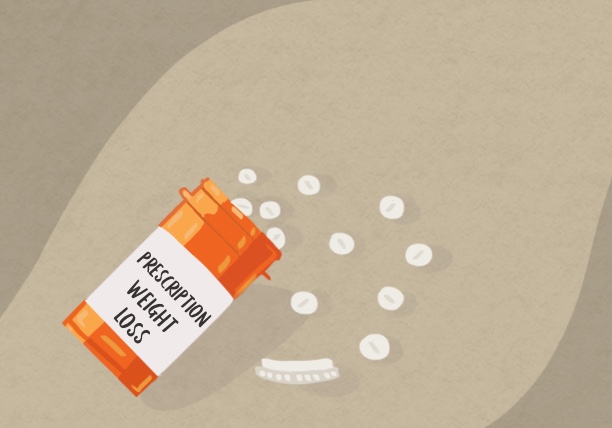Are weight loss shortcuts viable?
February 21, 2023
The U.S. has been the most obese nation on the planet for over two decades now. Food is pumped with unnecessary sugar and empty calories, the average lifestyle is more sedentary than active and seeing overweight people everywhere has become so normalized that we hardly notice it. Despite that normalcy, most people agree that this epidemic is deeply unhealthy. Therefore, we need to start paying more attention to diets and fitness.
Unfortunately, our approach to the obesity epidemic has been horrendous on many fronts. Diet industries and fad supplements promise quick weight loss only to disappoint their customers. Gym memberships can be expensive, and fitness influencers give the impression that a person needs to spend a lot of time exercising to be healthy. Some social movements even try to convince overweight people that they are already healthy. But the most harmful approaches may be toward childhood obesity.
It is no surprise that in such an overweight country, children make up a fair portion of the statistics. One in five children in the U.S. is overweight. That is well over five million young boys and girls who face health complications due to their weight. While obesity is a problem in adults, who have control of their own food and exercise choices, it develops into a much more extensive set of issues in minors, since they are often not old enough to make these choices for themselves.
Parents should be feeding their children good food and encouraging them to play outside or participate in sports at school. It is their job to ensure their kid is happy, healthy and productive by helping them build good lifelong habits. Far from employing such time-tested techniques, however, some parents are turning to shortcuts they can use to circumvent the attention they should be paying to their kids’ health and wellbeing.
One of these shortcuts is weight-loss medication. Instead of controlling the portions of the food they give to their children, parents are putting them on medications like semaglutide — also known as Ozempic — which tricks the brain into thinking they are full. Why teach them to control how much they eat, a lesson that will help them throughout their lives, when you can medicate their hunger away? This is lazy parenting at its finest and sets up dangerous precedents for the future.
If a child is taught that they can depend on medications for problems that can and should be approached through discipline and good choices, what else will they try to change through unnecessary substances in the future? And if we teach the younger generations that healthy diets and exercise are unnecessary, how can we expect the obesity epidemic to improve?
Obesity in the U.S. is the worst it has ever been, and it will only continue to get worse if we depend on everything but the right choices to deal with it.













